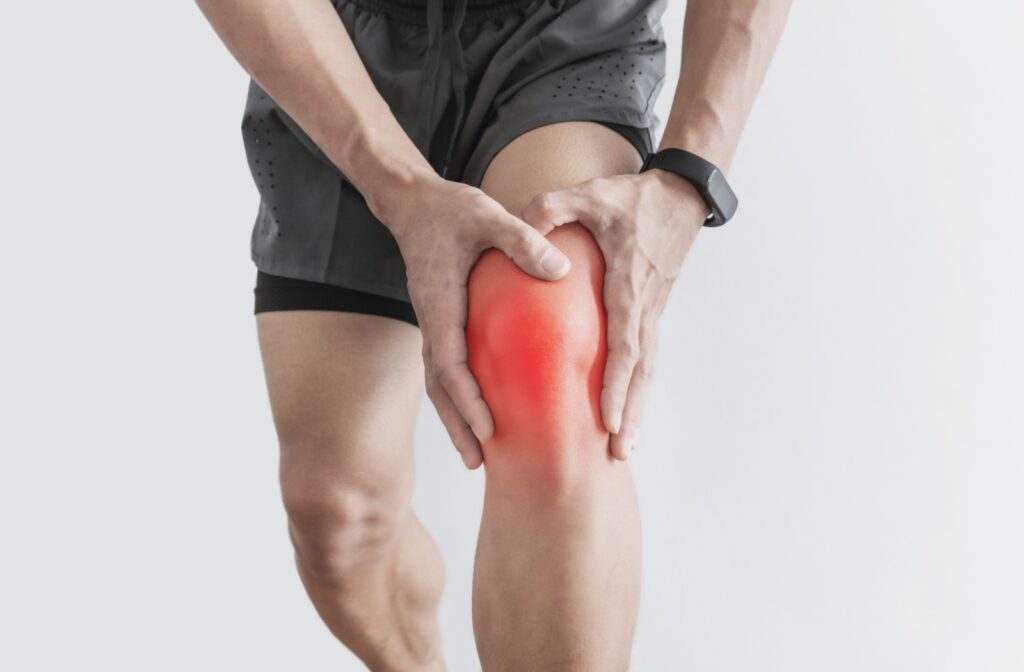In the intricate landscape of Canadian health and disability law, the subject of chronic pain is complicated and evolving. Recognized for its profound impact on individuals’ lives, chronic pain’s classification as a disability is not always straightforward due to its invisible and subjective nature.
If a person’s chronic pain prevents them from performing the essential duties of their job, they may be considered disabled under the Canadian Human Rights Act or the Employment Equity Act, but a clear diagnosis from a doctor may be required.
This blog explores the current legal standing of chronic pain as a disability in Canada, the impact of chronic pain on daily life and employment, and what this means for those affected.
Legal Definitions and Criteria
In Canada, the recognition of disabilities, including chronic pain, falls under various legislative frameworks like the Canadian Human Rights Act and provincial human rights codes. These pieces of legislation are designed to prevent discrimination based on disability, offering protection to those with both physical and mental impairments that restrict one or more major life activities.
Chronic pain, with its unique characteristics, presents challenges when evaluated against these legal criteria. Its subjective and fluctuating nature makes quantifiable assessment difficult. Nevertheless, Canadian courts and human rights tribunals are progressively acknowledging chronic pain as a disability, especially when it significantly hampers an individual’s normal functioning. This precedent underscores a recognition that chronic pain, despite its invisibility, warrants the same protections and considerations as more overt disabilities.
The Impact of Chronic Pain on Daily Life and Employment
Daily Life
Chronic pain can profoundly affect every aspect of an individual’s life:
- Physical Limitations: It can severely restrict mobility and endurance, complicating everyday activities and diminishing independence.
- Mental Health: There’s a significant correlation between chronic pain and mental health challenges, which, in turn, affects emotional resilience and stress management.
- Sleep Disturbances: The interference with sleep exacerbates not only the pain itself but also impacts mental alertness and general health.
- Social Isolation: Engagement in social and community activities may wane due to pain, leading to isolation and a decreased support network.
Employment
The workplace is another arena where chronic pain’s effects are notably felt:
Individuals suffering from chronic pain often encounter significant barriers in employment, affecting their capacity to maintain consistent work performance. The fluctuating intensity of pain can lead to:
- Reduced Productivity: Pain episodes can impair concentration and efficiency, leading to decreased output and the need for more frequent breaks.
- Increased Absenteeism: The unpredictable nature of chronic pain may result in higher rates of absenteeism, as individuals are forced to take time off for medical appointments or
- Reduced Productivity: Pain can impair concentration and energy, impacting work speed and efficiency.
- Increased Absenteeism: Managing pain or attending medical appointments often leads to more frequent absences, negatively affecting career growth and job security.
- Workplace Accommodations: Under laws like the Canadian Human Rights Act, employers are required to accommodate workers with disabilities. In the context of chronic pain, this might mean task modifications, ergonomic adjustments, or flexible scheduling.
- Job Retention and Loss: In severe scenarios, chronic pain may render an individual unable to fulfill their job responsibilities, potentially leading to job loss.

Pain Management
Chronic pain can heavily impact your day-to-day life, therefore, it is important to act on it. Chronic pain can be managed with the 4 pillars of exercise, rest, nutrition, and meditation combined with breathing techniques. At Running Shoe Restorative Healthcare, we offer a chronic pain management program. It is a 4-week course designed to help manage your chronic pain.
Physical activities can help overcome pain and focus on strength building. Running, as a form of physical activity, can have varied effects on individuals experiencing chronic pain. On one hand, it offers potential benefits such as improved cardiovascular health, increased endorphin levels that can help mitigate the sensation of pain, and enhanced overall physical fitness.
However, for those with certain types of chronic pain, especially pain related to musculoskeletal issues, running might exacerbate their symptoms. It’s imperative for individuals with chronic pain who wish to take up running to consult healthcare professionals for personalized advice. Starting with low-impact exercises and gradually increasing intensity under medical guidance can ensure that running becomes a beneficial part of managing chronic pain, rather than a detrimental one.
Moving Forward
For those living with chronic pain, the path through employment and daily activities is fraught with obstacles. The evolving legal acknowledgment of chronic pain as a disability marks progress toward understanding and mitigating these challenges. This acknowledgment also emphasizes the importance of societal and legal frameworks adapting to the nuanced needs of people with chronic pain.
If you or someone you know is navigating the challenges of living with chronic pain, remember, you’re not alone. At Running Shoe Restorative Care, we understand the profound impact chronic pain can have on every facet of your life—from daily activities to employment.
Our team of experts is dedicated to providing tailored solutions that address the unique needs of individuals living with chronic pain. Book an appointment with us today, and take the first step towards regaining control over your life and finding the support and understanding you deserve.





